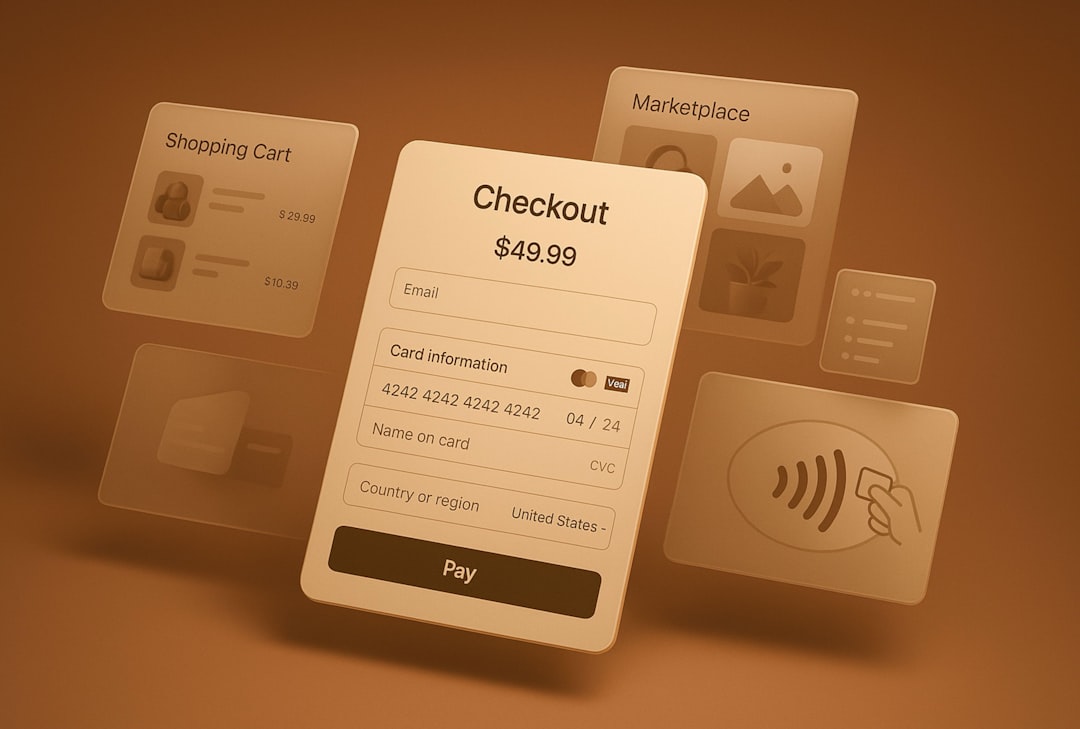In today’s digital age, the use of social media has become a ubiquitous part of daily life for many people around the world. Platforms like Facebook, Instagram, Twitter, and Snapchat allow individuals to share their thoughts, experiences, and photos with friends, family, and even strangers. While social media can be a great way to stay connected and share important moments with loved ones, it also comes with potential risks, especially when users overshare personal information.
Oversharing on social media refers to the practice of sharing too much personal information, either intentionally or unintentionally, on these platforms. This can include details about one’s daily activities, personal relationships, financial information, location updates, and even sensitive information like passwords or bank account details. While oversharing may seem harmless at first, it can have serious consequences, putting individuals at risk of privacy breaches, identity theft, cyberbullying, and even physical harm.
One of the most significant risks of oversharing on social media is the threat to one’s privacy and security. When individuals share personal details about their lives online, they are essentially making themselves vulnerable to potential hackers, stalkers, and cybercriminals who may use this information for malicious purposes. For example, posting about an upcoming vacation or sharing a photo of a new expensive purchase could alert thieves to an empty house or valuable belongings, putting one’s safety and security at risk.
Moreover, oversharing personal information on social media can also lead to identity theft. Cybercriminals can use the information shared online, such as one’s full name, date of birth, address, and even pet’s name, to steal their identity and commit fraud. This can have devastating consequences for individuals, leading to financial loss, damaged credit scores, and even legal troubles. By being more cautious about what they share online, users can reduce the risk of falling victim to identity theft.
Another potential risk of oversharing on social media is the negative impact on one’s mental health and well-being. In today’s age of constant connectivity, it’s easy to compare oneself to others based on what they see on social media. Oversharing glamorous vacation photos, relationship milestones, or exciting life events can create unrealistic expectations and lead to feelings of inadequacy, jealousy, and low self-esteem. This can take a toll on one’s mental health, causing anxiety, depression, and even social isolation.
Furthermore, oversharing personal details on social media can also make individuals vulnerable to cyberbullying and online harassment. Posting controversial opinions, sensitive information, or provocative photos can attract negative attention from strangers or even friends, leading to hurtful comments, threats, and bullying behavior. This can have a serious impact on one’s emotional well-being, causing stress, anxiety, and even thoughts of self-harm. By being mindful of what they share online, users can protect themselves from cyberbullying and harassment.
In addition to these risks, oversharing on social media can also have long-term consequences on one’s reputation and professional prospects. Employers, recruiters, and potential business partners often scour social media profiles to learn more about individuals before making hiring or partnership decisions. Posting inappropriate content, offensive language, or unprofessional behavior online can damage one’s reputation and harm their chances of securing job opportunities or advancing in their career. By maintaining a positive and professional online presence, users can protect their reputation and enhance their professional prospects.
To mitigate the potential risks of oversharing on social media, individuals should adopt a more cautious and mindful approach to their online activities. They should carefully consider the implications of sharing personal information, photos, or opinions on these platforms and take steps to protect their privacy and security. This can include setting strict privacy settings, avoiding posting sensitive information like passwords or financial details, and being selective about what they share online.
Furthermore, users should be mindful of the content they consume on social media and how it affects their mental health. By limiting exposure to negative or triggering content, unfollowing toxic accounts, and cultivating a positive and supportive online community, individuals can promote their emotional well-being and protect themselves from cyberbullying and harassment. Additionally, seeking support from friends, family, or mental health professionals can help individuals cope with the negative effects of oversharing on social media.
Overall, while social media can be a valuable tool for staying connected and sharing experiences with others, it also comes with potential risks, especially when users overshare personal information. By being more mindful, cautious, and selective about what they share online, individuals can protect their privacy, security, mental health, and reputation, and enjoy a safer and more positive online experience. It’s essential to strike a balance between sharing authentically and responsibly on social media to minimize the risks and maximize the benefits of digital connectivity.











